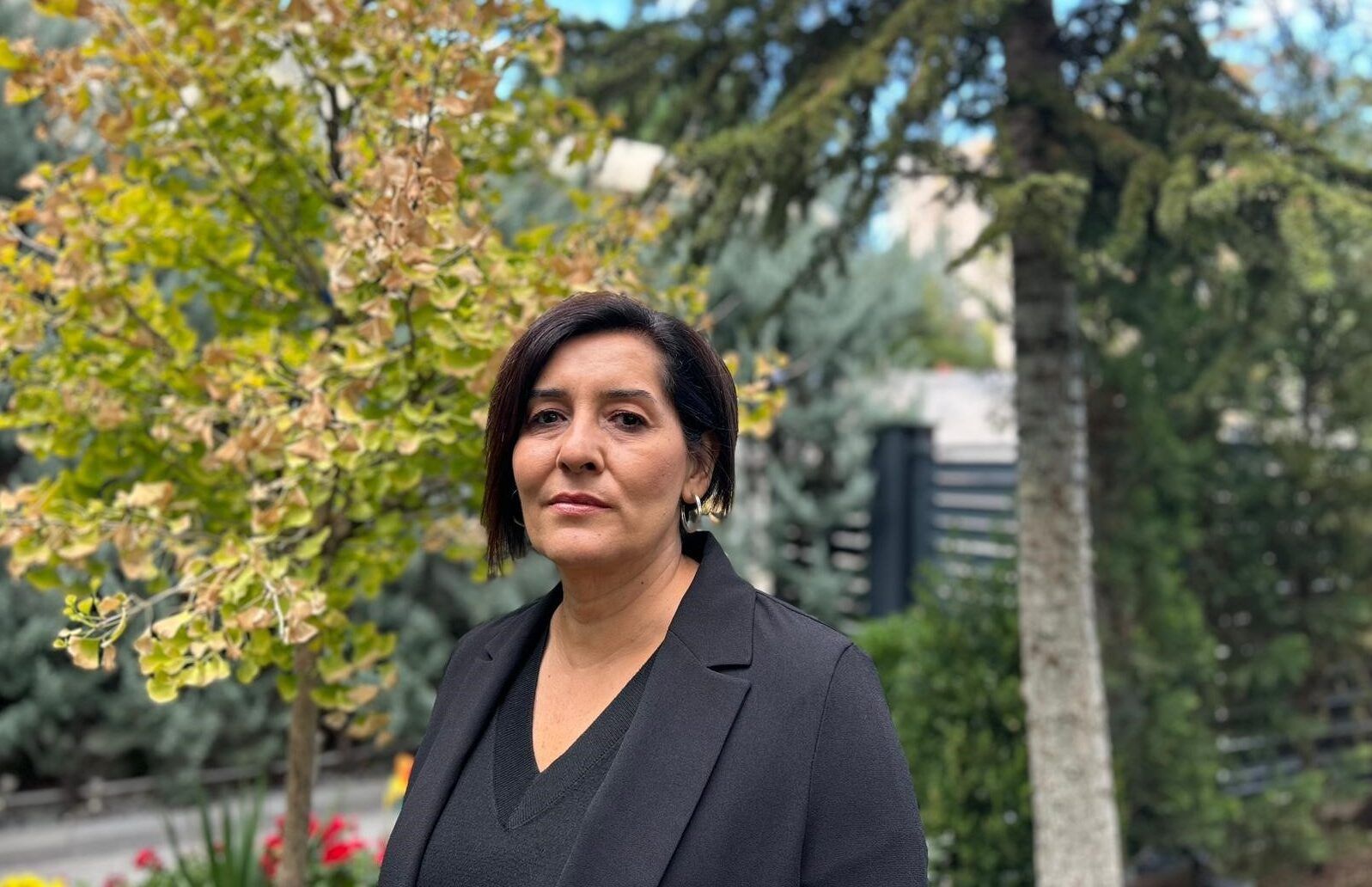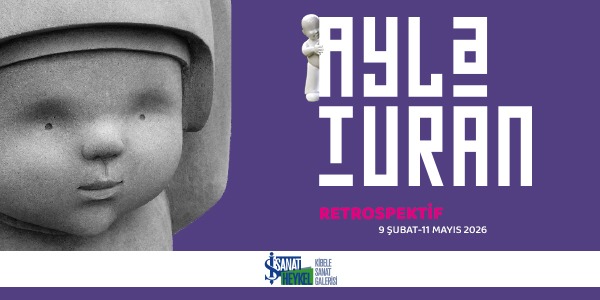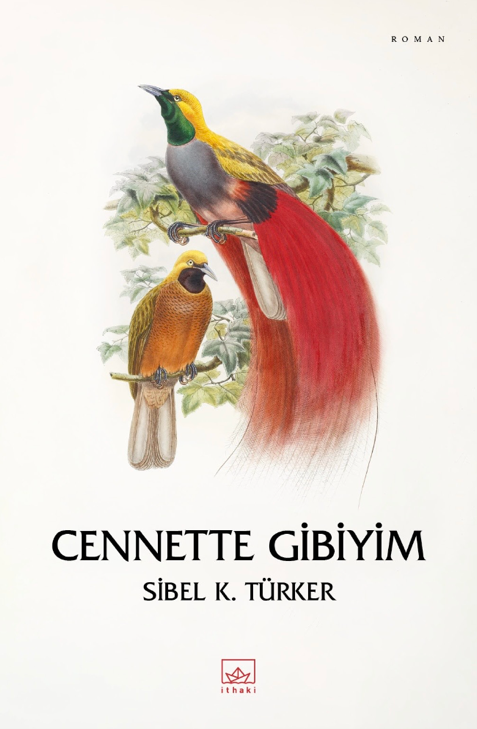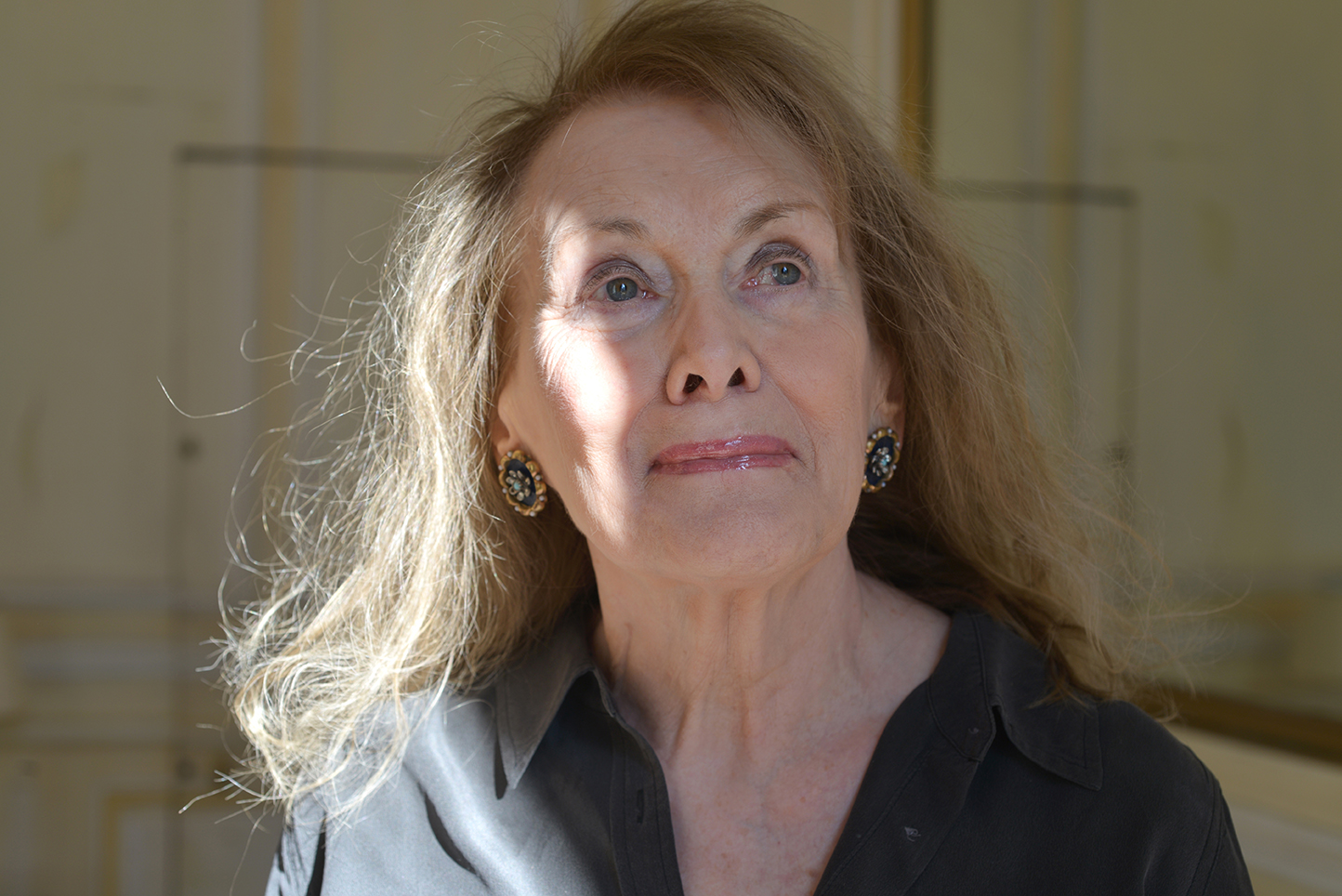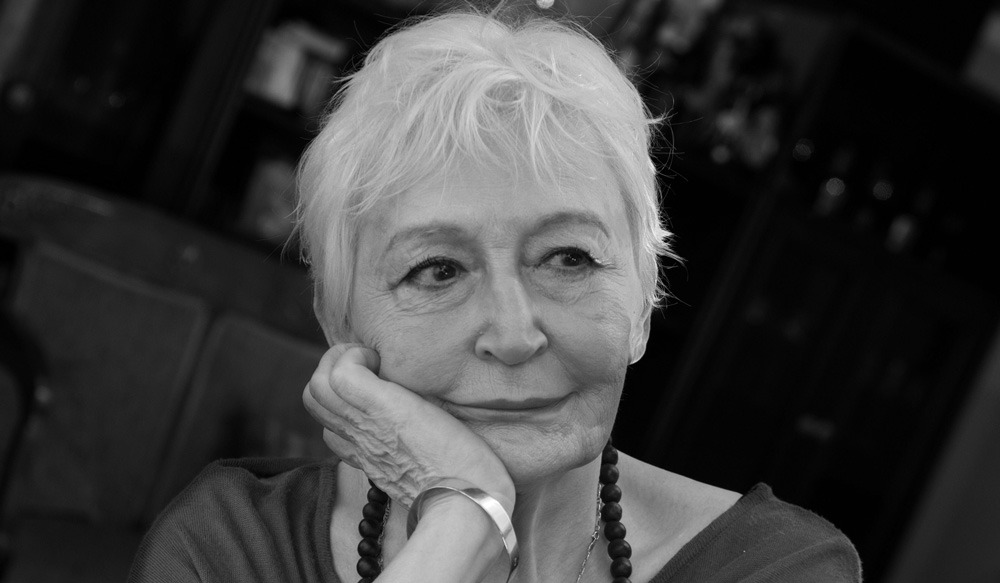Sibel K. Türker’s novel Cennette Gibiyim (“I Feel Like I’m in Paradise”) is a narrative that reflects the inner world of women, rising from within silence. Serving as a literary salute to Duygu Asena’s struggle for women’s rights, the novel has been awarded this year’s “No Name for Women” Novel Award.
With its profound narration and finely drawn characters, Sibel K. Türker’s novel Cennette Gibiyim has won the 2024 Duygu Asena “No Name for Women” Novel Award. Presented for the 18th time by Doğan Kitap to honor the legacy and ideas of Duygu Asena, the award’s selection committee included honorary chair Doğan Hızlan, along with Asuman Kafaoğlu Büke, Filiz Aygündüz, İhsan Yılmaz, Sibel Oral, Elif Tanrıyar, and last year’s winner, Neslihan Önderoğlu. After their deliberation, the committee unanimously selected Cennette Gibiyim for the award.
Jury’s Statement for the Duygu Asena Novel Award
The jury stated that the novel “powerfully conveys the invisible wounds, repressed desires, and silent collapse that women carry throughout their lives, through the seemingly ordinary setting of a home, a marriage, and a woman’s inner voice.” The decision also highlighted how the novel “captures the silent fatigue of womanhood, its buried rebellion, and deep solitude with a delicate literary style, bringing these themes into the realm of literature.”
Sibel K. Türker: This Award Belongs to the Women Who Are the Core of My Literature
Sibel K. Türker expressed her thoughts as follows:
First and foremost, I am deeply delighted and honored that my book has been deemed worthy of the Duygu Asena Novel Award. I am receiving this award for the second time, twelve years after the first. With a history spanning nearly twenty years, this award is of great importance in keeping alive the name, ideas, and books of Duygu Asena—a pioneer and defender of women’s rights whom we lost too soon. Moreover, the fact that it has been awarded to valuable women writers and their works for eighteen years has created a significant accumulation of what I would call “women’s literature.”
The concept I attempt to describe as women’s literature is kind, conscientious, resilient, and strong. It is a literature grounded in empathy for “the other,” imbued with meaning, extending a hand, supportive, and sisterly.
I met Duygu Asena once while she was still alive. During our brief conversation, her sincere interest in me—a young woman writer who had just published her first book—left a deep impression. She was someone who not only defended her ideas but also brought them to life in her approach to women.
I believe that calling attention to the discrimination, injustice, violence, and femicide experienced by women in our country is a matter for all writers. Confronting evil, reactionary mindsets, patriarchal codes and their consequences is a responsibility shared by all who think, write, and create.
In the rest of my literary journey, writing about women—especially those in my country who are subjected to injustice, marginalized, and denied their right to live—will remain my greatest passion and driving force.
I accept this award on behalf of the women who raised me, gave me life, and who form the essence of my literature. I extend my heartfelt thanks to the members of the selection committee, and to Doğan Kitap, my first publisher, for organizing and institutionalizing this award.





